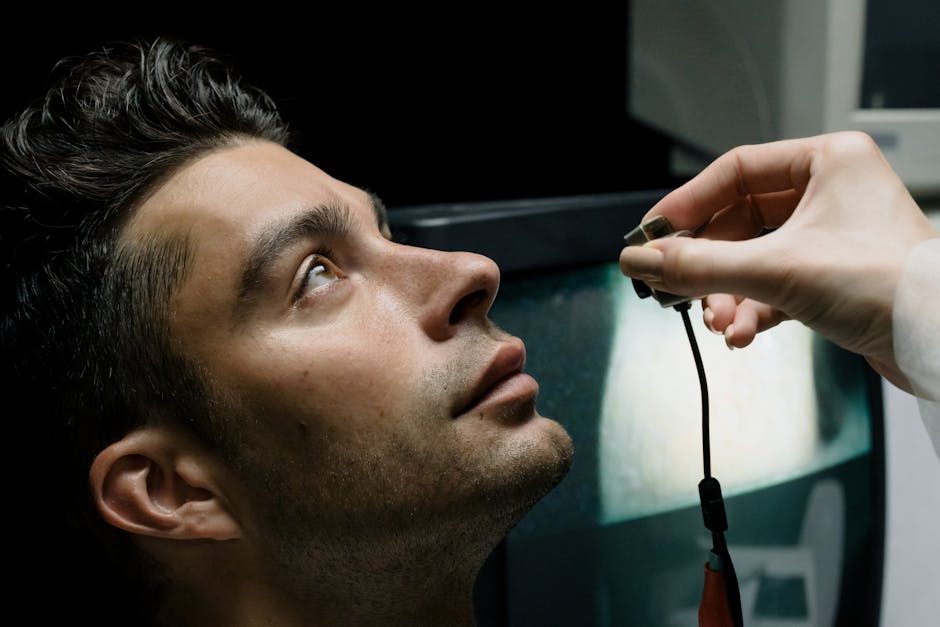No products in the cart.
Revolutionizing Eye Care: The Role of AI in Ophthalmology
AI is transforming ophthalmology, enhancing diagnostics and reshaping careers in eye care. Discover the future of eye health.
Boston, USA — The Eye of Innovation
Artificial Intelligence (AI) is making significant strides in healthcare, particularly in ophthalmology. Eye care specialists are increasingly adopting AI tools for eye scans and diagnostics, leading to improved patient outcomes and more efficient practices. As the technology evolves, so too do the career paths within this specialty.
AI Tools Enhancing Diagnostics
AI applications in ophthalmology are primarily focused on diagnostic imaging. Algorithms trained on vast datasets can now analyze retinal images with remarkable precision. For instance, Google’s DeepMind has developed AI that can detect over fifty eye diseases by examining retinal scans, achieving accuracy levels comparable to human specialists [1]. This technology not only speeds up the diagnostic process but also reduces the chances of human error.
In addition to diagnostics, AI is aiding in the management of chronic conditions like diabetic retinopathy. A study published in the journal Ophthalmology reported that an AI system could identify early signs of retinopathy in patients with diabetes, allowing for timely intervention [2]. Such advancements are crucial, as early detection can prevent vision loss, significantly improving patients’ quality of life.
In addition to diagnostics, AI is aiding in the management of chronic conditions like diabetic retinopathy.

The Evolving Landscape of Ophthalmic Careers
As AI tools become integrated into clinical practice, the role of ophthalmologists is evolving. Eye care specialists are now required to adapt to new technologies, requiring a shift in skills and knowledge. Training programs are beginning to include AI literacy as a core component, preparing the next generation of ophthalmologists for a data-driven future.
Moreover, the rise of AI is creating new career opportunities within the field. Roles such as AI specialists in healthcare, data analysts, and tech-savvy ophthalmologists are becoming increasingly important. Companies like Zeiss and Optos are investing heavily in AI research, indicating a robust job market for those with expertise in both eye care and technology [3].
However, the integration of AI into ophthalmology is not without its challenges. There are concerns regarding data privacy and the ethical implications of machine learning in healthcare. The American Academy of Ophthalmology has issued guidelines to ensure that AI is used responsibly and that patient data is protected [4]. Addressing these issues will be critical as we move forward.
Looking Ahead
The future of ophthalmology is undoubtedly intertwined with advancements in AI. As technology continues to evolve, it will not only enhance how eye care is delivered but also redefine the skill sets required in the field. For young professionals entering the workforce, embracing AI literacy and technological proficiency will be essential to thrive in this rapidly changing landscape.
In this context, educational institutions and training programs must prioritize AI integration into their curriculums. By doing so, they can ensure that the next generation of ophthalmologists is equipped to harness the full potential of AI, ultimately benefiting patients and improving outcomes in eye care.











